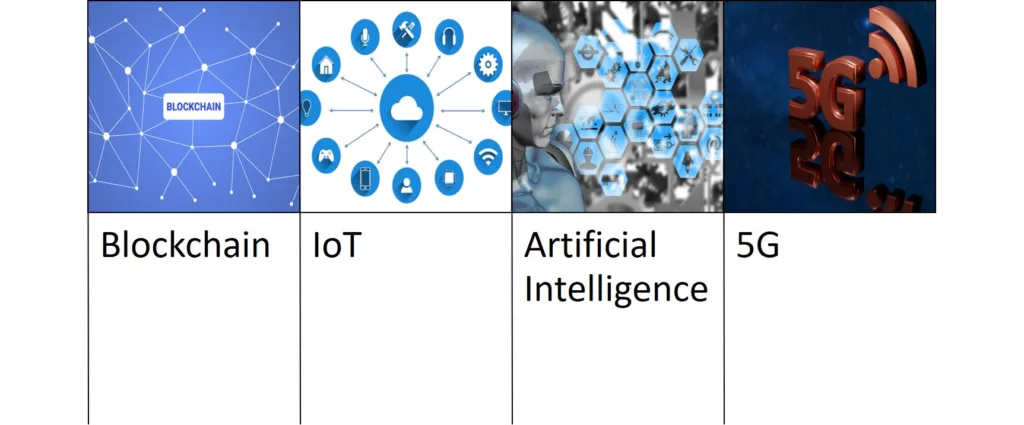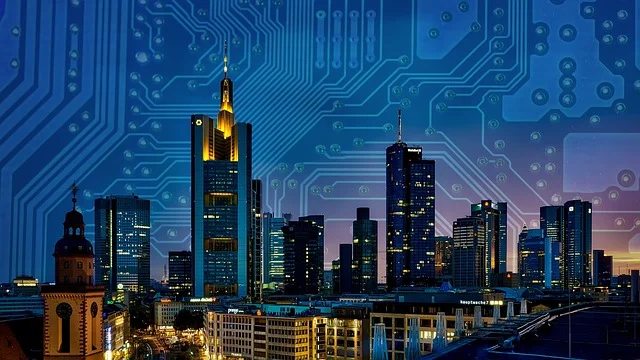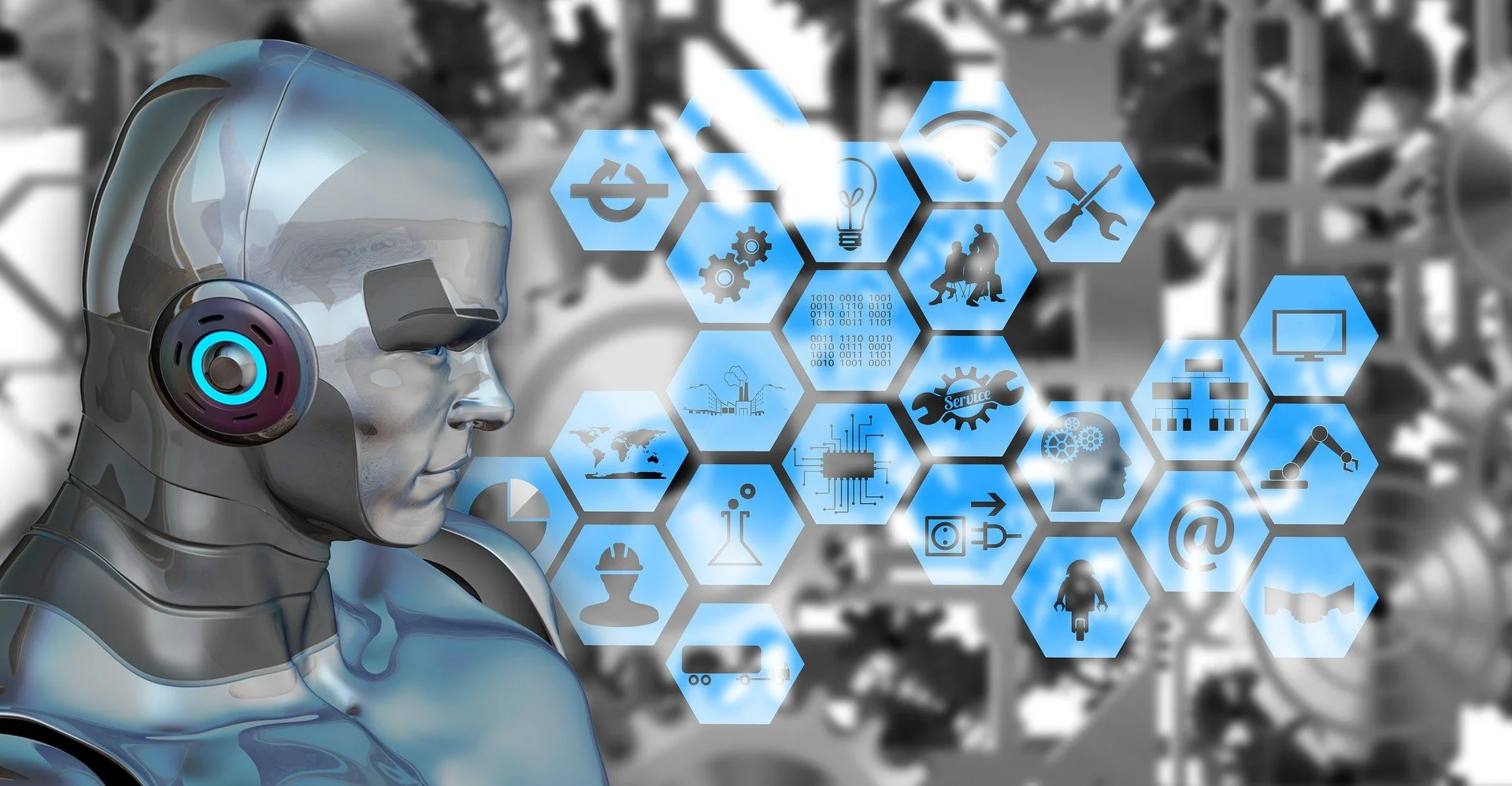Smart cities are places inclusive of intelligent elements. As per the latest report, the market of smart cities is likely to hit $2.8 trillion by 2027. This gives a glimpse of the vast reach intended for such cities. It denotes the upcoming ways of building, working, collaborating, surveying, governing, etc., with advanced technologies.
Let us explore this concept in detail.
What are smart cities?
IBM coined this term while working on the Smart planet project. There has been a lot of buzz around it since then. Smart cities are modern towns that combine IoT devices and ICT (information and communication technology) to connect with citizens, increase efficiency, and have modern solutions to tackle everyday problems. It has the following features:
- Development and sustainability of the city’s intelligence to cope with the changing environment.
- Adoption of E-governance for the welfare of the people
- Use of data analysis and artificial intelligence to improve and support various fields like medicine, economics, culture, transportation, surveillance, etc.
The fundamental function of smart cities is to:
- Gather the data from people, instruments, buildings, networks, etc.
- Processing and analysis of the data
- Controlling and monitoring the facilities such as transportation, utilities, waste management, educational institutions, public places, etc.

Advantages of smart cities
Smart cities are beneficial for everything that is required in life.
- Enhanced communication
- Wide range of opportunities
- Stabilized operations and government
- Elevated quality of life
- Complete digitization
- Various advanced facilities
- Connection of each individual with higher authorities
- Balanced workflow
- Less polluted environment
- Safety
- Intelligent surveillance
Components of smart cities structure
Community
People involved in a community play a significant role in smart city initiatives. Diversity, inclusion, and ubiquitous access to public services are the key elements of social capital. They facilitate the following:
- Education: It is crucial to build a competent workforce for developing a smart city. It includes learning, enhancing skills, training for required skills, supporting resources, etc. Education also promotes communication among individuals.
- Knowledge: It is the core of building smart cities. It allows people to be a part of cutting-edge technologies and trends to boost innovation.
- Imagination: Citizens prefer to involve in the atmosphere of cultural and creative things. It improves desires and encourages imagination which is vital for planning.
Technology
Deploying state-of-the-art trends is an unavoidable thing in the smart city.
- Intellectual: Trends such as artificial intelligence, machine learning, etc., can emulate the design by studying the data of connected devices. Studying how humans interact with their urban surroundings continuously can provide insight into the effectiveness and consequence of specific policy judgments.
- Digital: A high-tech infrastructure (communication and innovation) is an essential part of linking devices with people in smart cities. It may comprise services like 5G, blockchain, etc.
- Wired: Wireless and IoT technologies can only be supported by wired infrastructure. The infrastructure and digital connectivity in a wired city are constantly updated. Human capital and productivity can then be enhanced by implementing robotics, IoT, etc.
- Information: Smart devices generate huge amounts of data. Information technology ensures the safe storage and interpretation of data.

Energy
Energy is the supremo due to the heavy usage in:
- Smart buildings
- Data analysis
- Street lighting
- Smart mobility
- Distributed energy resources
Tech and electric firms along with other institutions accelerate the expansion of smart cities.
Read our post on 9 ways to choose the right market for your business expansion if you want to expand your business.
Data management
With the help of networking and computing technologies, smart cities compile, process, and transmit data. Furthermore, data security and privacy measures promote innovative ideas that contribute to a high standard of living. As a result, its citizens, utilities, health, transportation, entertainment, and government services are greatly influenced.
Top smart cities in the world
New York
New York is becoming smarter day by day with the implementation of 5G and self-driving cars. With the launch of the Smart city pilot program, the city has installed numerous sensors for managing traffic, detecting water leakage, and monitoring air quality. Also, it has online charging stations, WiFi capabilities, and smart garbage cans.
Singapore
Recent news about the launch of commercial air taxi services in Singapore has taken the world by storm. Singapore has digital governance, a digital economy, and a digital civilization. Its main capabilities include open data, a start-up ecosystem, R&D institutes like AI Singapore, strong cybersecurity, and cross-border collaborations. Most importantly, it is a traffic-free city.
Shanghai
It is the smartest country in the world. Its Citizen Cloud App has over 10 million users that use blockchain to resolve their issues. This app gives access to 1000 public services through artificial intelligence and big data. Another achievement is the Shanghai clone which has an area of 3750 sq.Kilometers. This digital twin is made with real-time data from sensors, drones, and satellites. It has the power to simulate real-life events happening in the city and could predict the possible future as well.
Zurich
The smart city Zurich strategy has laid the foundation of a people-centric environment, agility, collaboration, and connected communities. It has a citizen account that acts as a one-stop solution for all the services and access. It promotes innovation and gives equal opportunities to all citizens. This initiative began with the smart streetlights project which saved 70% of the energy.
Amsterdam
Since 2009, Amsterdam has implemented more than 170 smart city projects. Amsterdam is known for its innovative approach, whether it uses green energy for electric garbage trucks, solar power for bus stops and billboards, or building floating towns to oppose overcrowding and supply options for land reclamation. Over 2000 businesses and households have already installed dimmable light switches, smart meters, and ultra-low-energy LED lights throughout the city.




[…] Smart cities can use IoT to create intelligent transportation systems, buildings, congestion management, waste management, lighting, parking, and urban maps. Monitoring may include a variety of features, such as: […]
[…] Refer to our article on 5 amazing smart cities and their components. […]
[…] has enabled progressive development in healthcare, energy infrastructure, framing, smart cities, and many other applications. Researchers are identifying the weak areas and addressing the […]
[…] world are using approximately 70% of green energy. This figure will rise significantly with the smart city boom. The number of capacity installations is high despite supply chain constraints, more shipping […]
[…] charging stations at strategic locations where they will be easily accessible. With the rise of smart cities, the demand for EVs will rise to make charging stations […]
[…] Blockchain is the core part of smart cities. […]
[…] can be found in all aspects of our lives, such as smart homes, smart cities, healthcare industries, businesses, entertainment industries, and transportation systems […]
[…] the integration of IoT and smart cities, data from localities, hospitals, banks, governments, networks, climate, etc., can become available […]